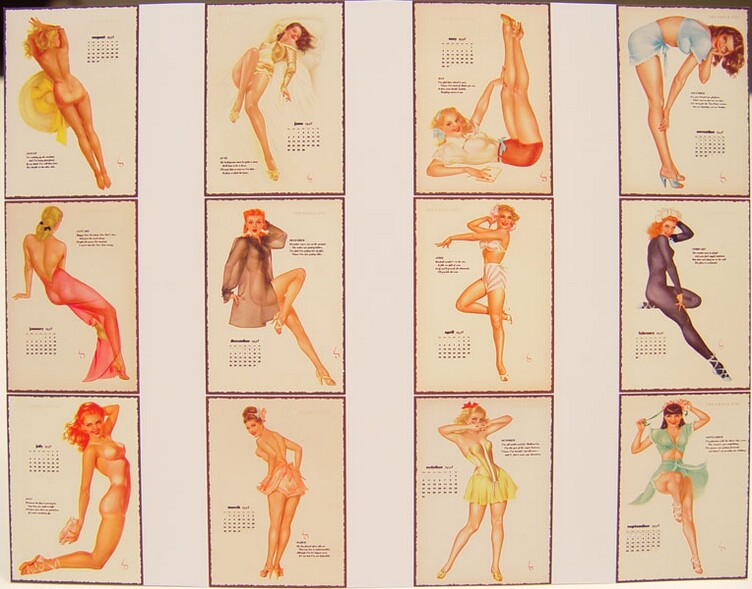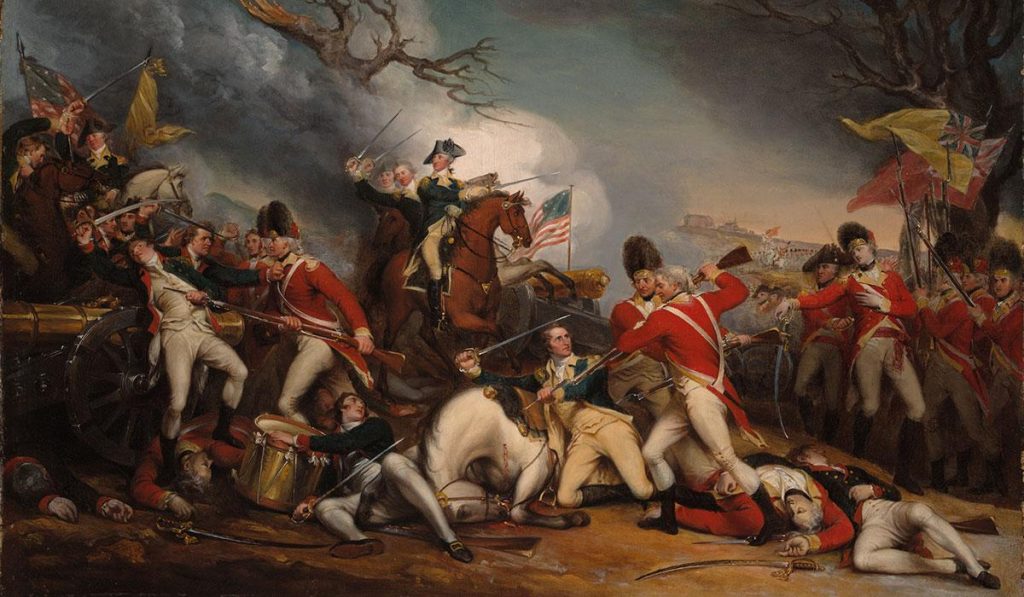In grades seven and eight I had a science teacher that I really liked and admired, Mr. Fischer. He knew I liked science and science-fiction books, and was open to such classroom questions as, if light is really particles (turns out it isn’t), can it be used to push a spaceship along, even just a little bit? The atomic bomb and the possibility of atomic energy were also hot subjects in our classroom. Mr. Fischer was a bachelor, with a slight lisp and some fussy behaviors. Given what we know, or think we know, today, he was probably gay. Mr. Fischer was good friends with our music teacher Miss Barnett, who had season tickets to the Metropolitan Opera.
Miss Barnett offered Mr. Fischer a pair of tickets to see Aida, and he asked me if I wanted to go. My mom said fine with her, and off we went one Saturday on the bus to New York. On the way, we saw acres of empty steel drums stacked up in the meadowlands along the bus route. It later turned out they were not empty, as most of the world probably thought, and had been leaking toxic goo into the North Jersey soil for years.
We arrived at the Met, still in the original building at 39th Street, and climbed to our seats. This is not meant as a complaint about the tickets, but we were in real nosebleed territory, the highest section in the house. The section was so steep that when I looked around, I was peering straight between the knees of the old lady behind me. Nevertheless, I enjoyed the whole outing and thought the opera was fantastic. I know now that some people think Aida is bombastic, but what did I know then, kids love bombast.

Aida. Metropolitan Opera, 2014
Now, here’s what I think happened next, deduced by putting together two and two and based on the available evidence,
One Mr. Grady, who lived two doors down from us on Rayburn Terrace, was the janitor at Cleveland Street School. He was a devout Catholic who went to Mass every morning; he carried a rosary in his back pocket and could be seen fingering it from time to time. Mr. Grady hated Mr. Fischer for the predictable reasons, and had gotten wind of our opera excursion. Mr. Grady put a bug in my mother’s ear that perhaps Mr. Fischer was leading her son astray, and she should beware. My mother then confided in her boss, Mr.Edwards, with whom she was on friendly terms and maybe just a little bit office-romancy – Mr. Edwards would sometimes drive her home at night so she wouldn’t have to take the bus. Perhaps her bookish son was being groomed as a Friend of Dorothy? Mr. Edwards considered the issue and came up with an idea.
Next, the only tangible evidence I have of all this speculation.
My mother came home from work one day and said “Mr. Edwards thought you might like this calendar.” Indeed I would, for it was probably the most risqué pinup calendar then available, Vargas Girls in provocative poses and showing as much skin as was legal. “Um, thanks!” I had never been given anything by Mr. Edwards before.
After a decent interval I was upstairs, the staples were out and my top six picks were on the wall alongside the Honor Roll certificates. I was cured.

12 months of Vargas Girls


